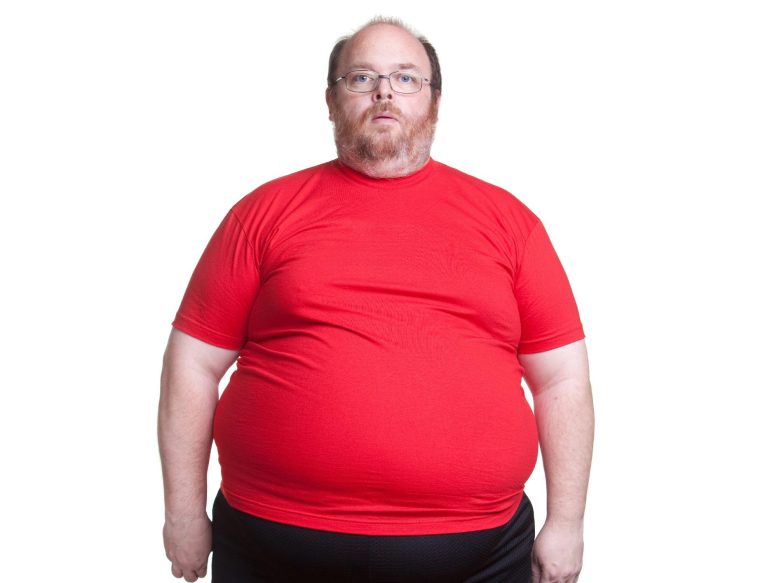
The University of Colorado Boulder’s new study shows sleep deprivation leads to weight gain due to increased eating during nighttime when the body isn’t meant to consume food.
A new study from the University of Colorado Boulder suggests that a lack of sleep leads to eating and weight gain, finding that sleep-restricted people eat during their biological nighttime when internal physiology is not designed to be taking in food.
Sleeping just five hours a night over a workweek and having unlimited access to food caused participants in a new study led by the University of Colorado Boulder to gain nearly two pounds of weight.
The study, performed in collaboration with the CU Anschutz Medical Campus, suggests that sufficient sleep could help battle the obesity epidemic.
“I don’t think extra sleep by itself is going to lead to weight loss,” said Kenneth Wright, director of CU-Boulder’s Sleep and Chronobiology Laboratory, which led the study. “Problems with weight gain and obesity are much more complex than that. But I think it could help. If we can incorporate healthy sleep into weight-loss and weight-maintenance programs, our findings suggest that it may assist people to obtain a healthier weight.” But further research is needed to test that hypothesis, Wright added.
Previous research has shown that a lack of sleep can lead to weight gain, but the reasons for extra pounds were unclear. In the new study, published March 11th in the Proceedings of the National Academy of Sciences, the researchers show that, while staying awake longer requires more energy, the amount of food study participants ate more than offset the extra calories burned.
“Just getting less sleep, by itself, is not going to lead to weight gain,” Wright said. “But when people get insufficient sleep, it leads them to eat more than they actually need.”
For the study, researchers monitored 16 young, lean, healthy adults who lived for about two weeks at the University of Colorado Hospital, which is equipped with a “sleep suite” for controlling sleep opportunities — by providing a quiet environment and by regulating when the lights are on and off — and a sealed room that allows researchers to measure how much energy participants are using based on the amount of oxygen they breathe in and the amount of carbon dioxide they breathe out.
All participants spent the first three days with the opportunity to sleep nine hours a night and eat meals that were controlled to give participants only the calories they needed to maintain their weight in order to establish baseline measurements. However after the first few days, the participants were split into two groups: one that spent five days with only five hours to sleep in and one that spent five days with nine hours of sleep opportunity. In both groups, participants were offered larger meals and had access to snack options throughout the day ranging from fruit and yogurt to ice cream and potato chips. After the five-day period, the groups switched.
On average, the participants who slept for up to five hours a night burned 5 percent more energy than those who slept up to nine hours a night, but they consumed 6 percent more calories. Those getting less sleep also tended to eat smaller breakfasts but binge on after-dinner snacks. In fact, the total amount of calories consumed in evening snacks was larger than the calories that made up any individual meal. The current findings add to the growing body of evidence showing that overeating at night may contribute to weight gain.
“When people are sleep-restricted, our findings show they eat during their biological nighttime when internal physiology is not designed to be taking in food,” said Wright, who is already working on a new study to better determine the implications of when people are eating not just what they’re eating.
Wright and his colleagues also found that men and women responded differently to having access to unrestricted food. Men gained some weight even with adequate sleep when they could eat as much as they wanted, while women simply maintained their weight when they had adequate sleep, regardless of how much food was available. Both men and women gained weight when they were only allowed to sleep for up to five hours.
Other co-authors of the new study include Rachel Markwarld and Mark Smith, who were both postdoctoral researchers in Wright’s lab, as well as School of Medicine faculty members Edward Melanson, Leigh Perreault, Robert Eckel, and Janine Higgins from the Anschutz Medical Campus.
The research was funded with grants from the National Institutes of Health, the Colorado Clinical and Translational Sciences Institute, and the Howard Hughes Medical Institute in collaboration with the Biological Sciences Initiative and CU-Boulder’s Undergraduate Research Opportunities Program.
Reference: “Impact of insufficient sleep on total daily energy expenditure, food intake, and weight gain” by Rachel R. Markwald, Edward L. Melanson, Mark R. Smith, Janine Higgins, Leigh Perreault, Robert H. Eckel and Kenneth P. Wright, Jr., 11 March 2013, Proceedings of the National Academy of Sciences.
DOI: 10.1073/pnas.1216951110









I’m surprised no mention o studies that have shown how a decrease in sleep causes increased insulin release, of which insulin signals the body to store fat. People who sleep less due to lifestyle choices, careers, has the pancrea release insulin into their bodies resulting in weight gain.
Lack of sleep affect a person both physical and mental health and cause weight gain….when you are not fully recharged…your thinking power decreases, feeling moody, fatigue and slow reaction especially during driving! Also, for people who sleep late at night after 11pm, your liver will suffer as a result of not being able to rejuvenate and repair itself! According to traditional Chinese medicine, 11pm-1am is the critical time where the human liver rejuvenates and repairs itself!
Advantages of Using the 1 Minute Weight Loss System
Why should you use this weight loss program over any other system out there? Because of the ease at which you can transition between levels of fitness progressively becoming healthy, strong and fit. All this while only spending minutes on your physical training. Moreover, this weight loss method is the result of years of clinical research, so you know your health is not at risk. You will seamlessly lose weight no matter what level of fitness you were at when you started.ble staying active — but you still want to lose weight, build muscle, lower your blood pressure and cholesterol, and get all the advantages of being physically fit – then stop everything else you’re doing right now and pay attention, because this video won’t be online for long.
link:ow.ly/RB8u50ysLPI